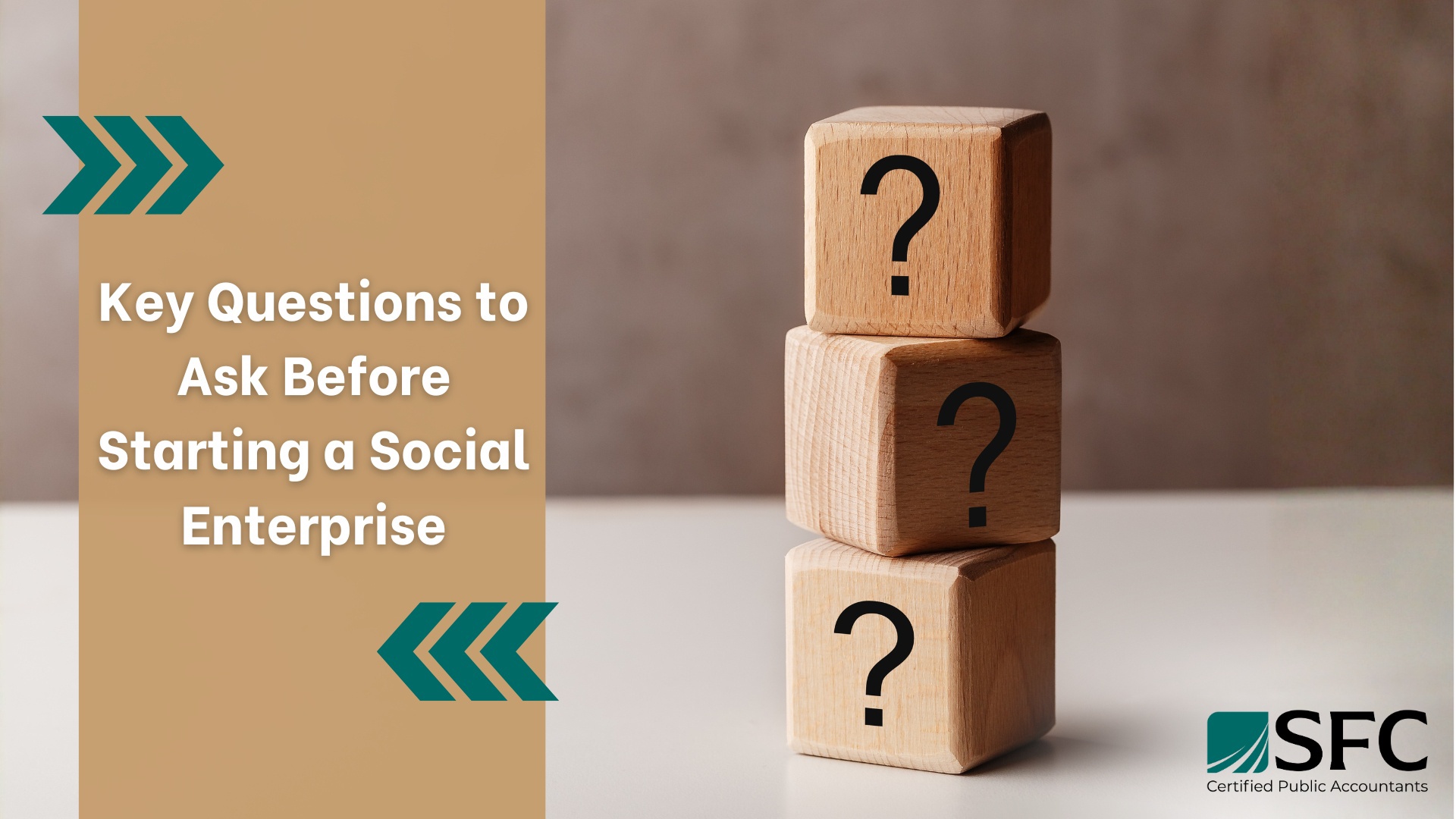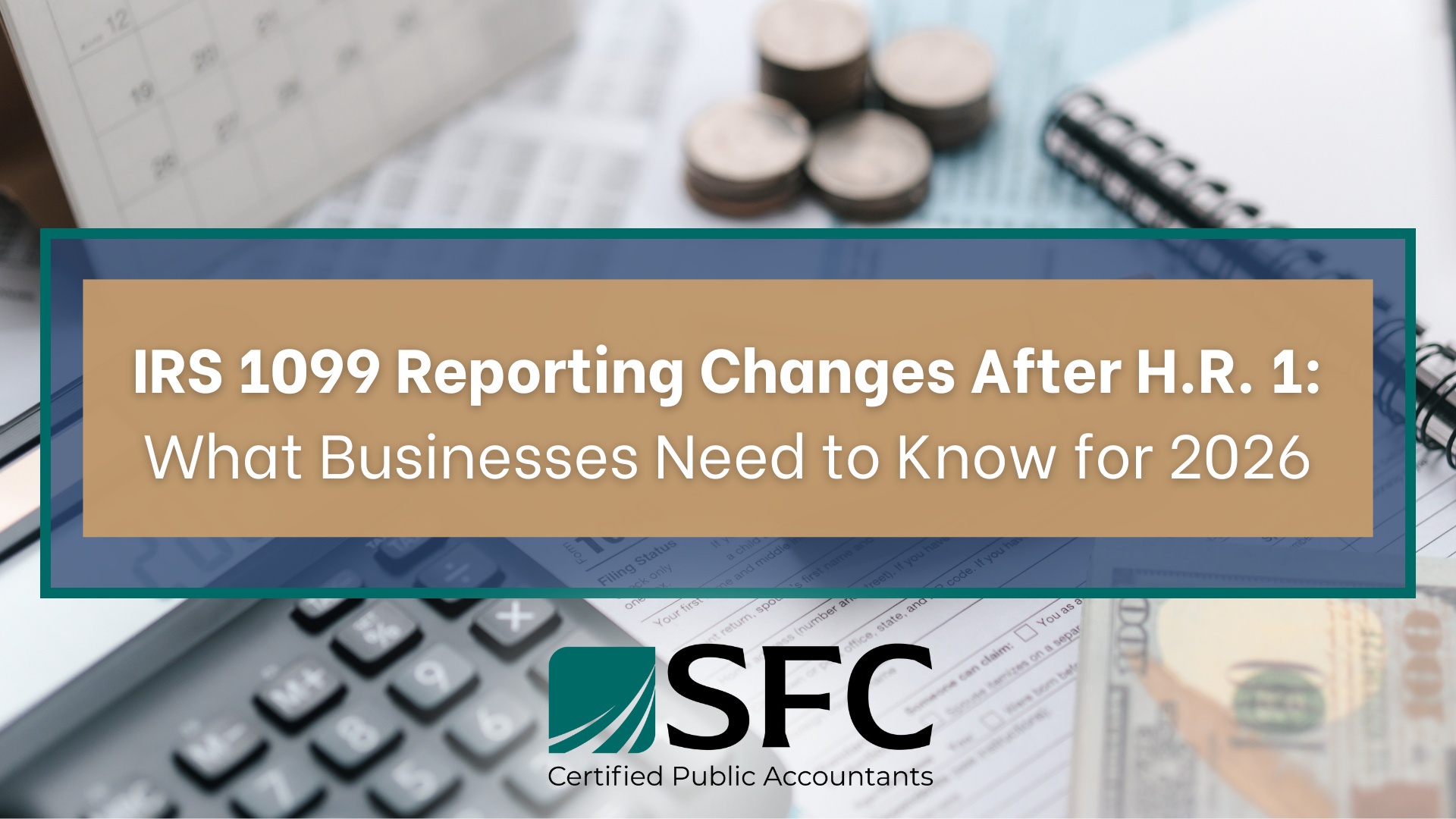
A social enterprise is an organization (or a venture within an organization) that advances a social mission through earned income.
For nonprofits, launching a social enterprise can be an exciting way to expand impact and financial sustainability — but it’s not a step to take lightly. A well-designed social enterprise can diversify your revenue, create meaningful jobs or training opportunities, and raise visibility for your mission. Still, success depends on thoughtful planning and honest evaluation before you begin.
Before diving in, take time to ask the right questions. These conversations will help you assess readiness, align stakeholders, and set realistic expectations for what lies ahead.
1. Are We Ready to Take on the Risk?
Starting any business involves risk — and for nonprofits, that risk can feel deeply personal. Before launching, ask yourself:
- Are we financially stable enough to absorb potential losses?
- Do we have sufficient cash reserves to weather a slow start?
- Are we emotionally and culturally prepared to embrace entrepreneurial risk?
This isn’t just about money — it’s about mindset. A successful social enterprise requires resilience, a willingness to experiment, and the courage to learn from setbacks.
2. Do We Understand the Right Structure and Governance?
The way your enterprise is structured will affect everything from tax compliance to mission alignment. Consider:
- Which legal structure best fits our goals — nonprofit, for-profit, benefit corporation, or hybrid?
- Why does this structure make sense for our mission and funding model?
- Who are the owners or stakeholders, and how will profits or surpluses be used?
- How will the board or leadership team oversee both mission and financial performance?
- If we create multiple entities (e.g., a nonprofit and a for-profit subsidiary), how will we keep finances and activities clearly separated?
Getting governance right at the start helps prevent confusion and compliance issues later.
3. Do We Understand the Costs and Potential Benefits?
Passion alone won’t sustain a social enterprise — you’ll need a strong financial plan. Ask:
- Do we have a realistic, data-driven budget?
- Have we accounted for start-up, operating, and staffing costs?
- How long might it take to break even or generate surplus revenue?
- Do we understand potential tax implications, such as unrelated business income tax (UBIT)?
- What hidden costs — such as added workload on current staff — should we anticipate?
Balancing purpose with profit begins with a clear, informed view of your financial landscape.
4. Do We Have (or Can We Get) the Right Expertise?
You don’t have to know everything, but you do need access to the right knowledge. Reflect honestly:
- Do we understand the industry, market, and customer base we’re entering?
- Do we have the internal capacity and skills to manage this venture?
- If not, can we afford to bring in or partner with someone who does?
The right expertise — whether in-house or external — can be the difference between success and frustration.
5. Is Our Board Fully On Board?
Your board’s support is essential. A hesitant or divided board can quietly stall progress, while a unified one can accelerate it. Ask:
- Does the board understand the risks, costs, and long-term nature of this endeavor?
- Are they united and enthusiastic in their support?
- Are they prepared to shift from traditional nonprofit oversight to an entrepreneurial mindset?
Transparency and shared understanding create a foundation for stronger decision-making and accountability.
Final Thoughts
Asking these questions isn’t about slowing down your vision — it’s about setting it up for success. A social enterprise can be a powerful way to advance your mission and build long-term sustainability, but only if it’s built on a strong foundation.
Before taking the leap, gather your leadership team, engage your board, review your financials, and have the hard conversations. The answers you uncover will guide your strategy, strengthen your plan, and help you decide whether now is the right time to move forward.
View More
- All 7
- Board of Directors 1
- Community Impact 1
- Endowments & Investments 1
- Financial Transparency 2
- Grant Compliance 1
- Internal Controls 1
- Nonprofit 4
- Nonprofit Audit 2
- Nonprofit Best Practices 2
- Nonprofit Financials 2
- Nonprofit Leadership 1
- Philanthropy & Charitable Giving 1
- Social Impact 1
- Strategic Planning 1
- Sustainability 1
- Tax 1
- Tax Compliance 1

